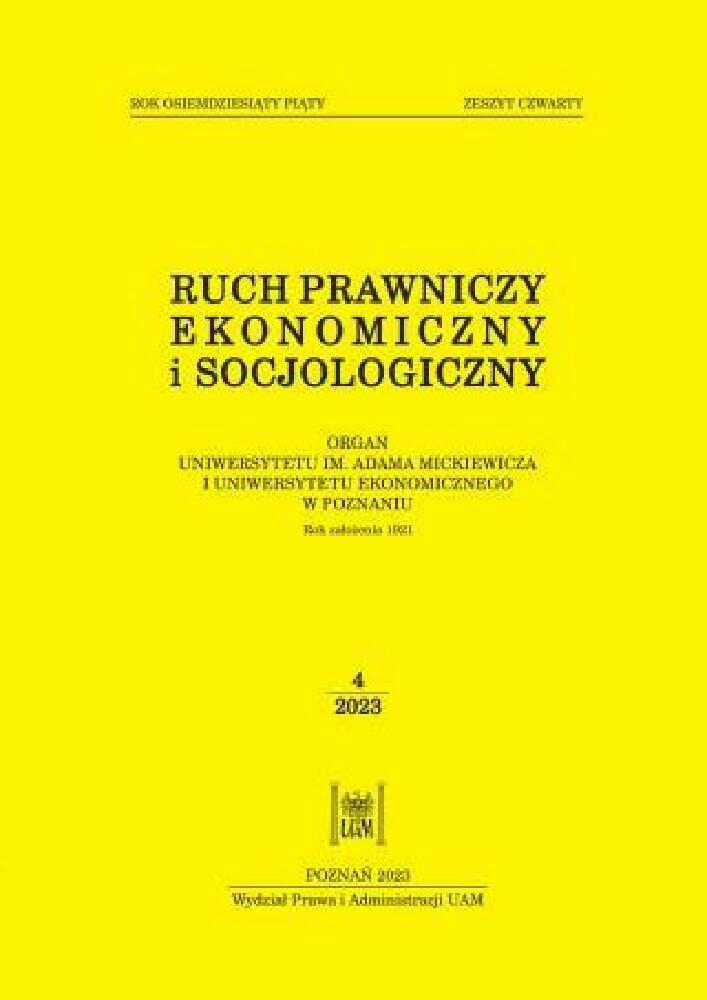PROTECTING JUVENILE DEFENDANTS
IN THE TRIAL AND FROM THE TRIAL:
SPECIAL SAFEGUARDS IN EU
AND ITALIAN REGULATIONS
PROTECTING JUVENILE DEFENDANTS
IN THE TRIAL AND FROM THE TRIAL:
SPECIAL SAFEGUARDS IN EU
AND ITALIAN REGULATIONS
Author(s): ANDREA ZAMPINISubject(s): Criminal Law, Court case
Published by: Uniwersytet Adama Mickiewicza
Keywords: uvenile criminal justice; criminal trial; privacy protection; childhood protection;
Summary/Abstract: Both the Directive 2016/800/EU and the Italian national law on juvenile criminal trial (presidential decree no. 448/1988) aim to provide specific safeguards for young suspects and defendants toprotect their fragile and still-developing personality, and to ensure that any crime allegedly com-mitted by the minor is an isolated incident in their past. These safeguards are required through-out criminal proceedings, especially during the trial stage, which can be confusing and over-whelming for a juvenile and may seriously impact their development. The trial phase – along withthe precautionary limitation of personal freedom – seems to be the most dangerous proceduralsegment for children’s personalities. The trial is where the justice ‘play’ comes to life on its mainstage, with its whole ritual, language, and characters. When attempting to identify safeguardsintended to operate during the trial phase, two main fields seem to emerge: one focuses on the is-sue of assistance, which has to be more profound due to the unique nature of juvenile personalityand experience of life; while the other one aims to protect children’s privacy so that their publicimage will be shielded as much as possible from the negative consequences of the trial. The articlefirst focuses on these aspects by analysing legal regulations and the jurisprudence. In some cases,Italian legal regulation exceeds European directive standards, serving as a model for other legalsystems. However, even though the internal regulation formally matches the EU requirementin some instances, it needs further improvement. Also, in terms of the law in action, the Italianjurisprudential approach sometimes weakens the safeguards provided by law, demonstrating theneed for different interpretative solutions that are adequate to respect children’s rights fully. Inthe light of such issues, the author suggests some exegetical solutions.
Journal: Ruch Prawniczy, Ekonomiczny i Socjologiczny
- Issue Year: 85/2023
- Issue No: 4
- Page Range: 49-74
- Page Count: 26
- Language: English

